Rift again at EC meeting
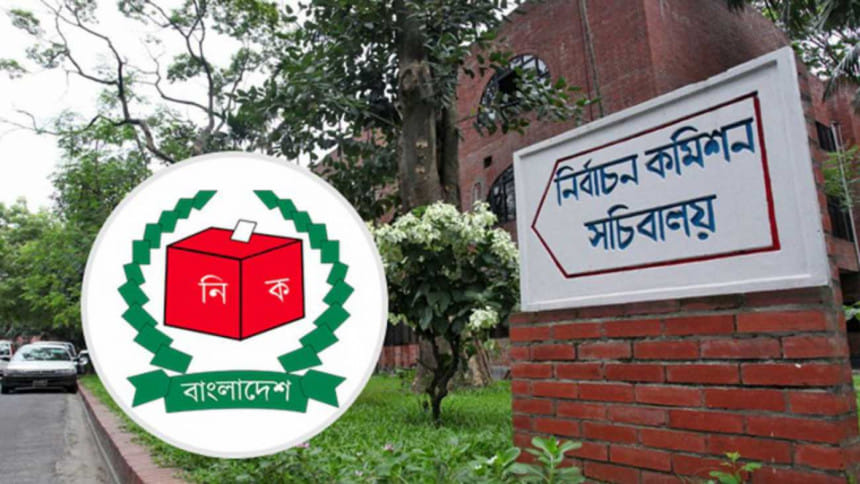
An election commissioner yesterday walked out of the election preparatory meeting for what he said was not being allowed to speak on how to hold the 11th parliamentary polls in a free, fair, and inclusive manner.
Mahbub Talukder also submitted a “note of dissent” before leaving the Election Commission meeting, held at the Nirbachon Bhaban in the capital's Agargaon with Chief Election Commissioner KM Nurul Huda in the chair.
“I was not allowed to place my proposals -- aimed at holding the 11th national election in a free, fair, impartial and participatory manner -- at the Election Commission meeting,” Mahbub told reporters at his office room after the five-hour meeting.
EC Secretary Helaluddin Ahmed, briefing reporters about the meeting outcome, said the EC Secretariat has updated the commissioners about the latest developments regarding the upcoming parliamentary polls.
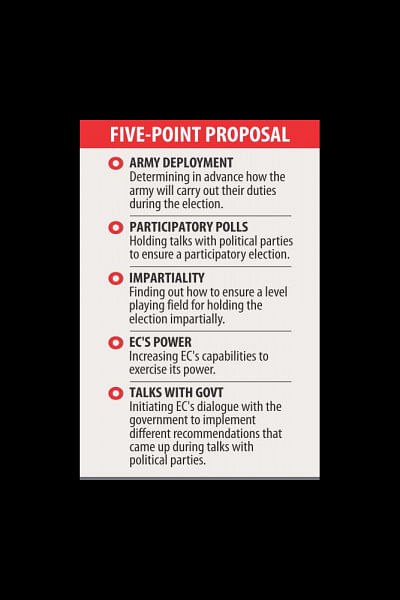
The CEC or the three other election commissioners were not present at the briefing.
Replying to a query, Helaluddin said Mahbub boycotted the meeting as his proposals were not included in the agenda following recommendations of three other commissioners that were backed by the CEC.
The CEC could not be contacted for his comments.
Mahbub told reporters that on September 18, he sent an unofficial note to the CEC mentioning his five-point proposal and requested that it is placed before today's (yesterday's) meeting.
He added that the CEC on October 8 through an “unofficial note” had requested him to place the proposals at the meeting scheduled for October 15 (yesterday).
Mahbub had proposed determining how to use the army in the polls, holding talks with political parties for an inclusive election, finding out ways to ensure level-playing field, increasing EC's capabilities to exercise its power and discussing with the government on recommendations that came from earlier talks.
In his note of dissent, a copy of which was obtained by The Daily Star, he said that he was stunned and felt offended as the three other election commissioners also wrote to the CEC so that he is not allowed to place his proposals.
“I felt humiliated as I was not given permission to place my proposals though I was requested to do so. I have the right to express my opinion and feelings as guaranteed by the constitution. The commission in no way can curb this right.
“Under the circumstances, I submitted a note of dissent against the commission's such decision and boycotted the meeting in protest.”
Earlier on August 30, Mahbub boycotted another EC meeting, issuing a note of dissent on the commission's move to use electronic voting machines in the next general election.
“It was necessary to discuss further with the political parties and create a consensus before making the final decision regarding the use of EVMs in the next election,” he had said in that note.
About the neutrality of the polls, Mahbub yesterday questioned whether it would be possible for the EC to ensure a level playing field if the current parliament continues to exist.
“Ensuring a neutral election is not only the EC's responsibility, it also depends on the role of the government. The foundation for a level playing field can be created if only the government is determined to hold a free, fair and neutral election.”
He also said that unlike the ruling party, the opposition parties are not being able to enjoy the constitutional right to conduct political activities. They are being barred even if they hold any peaceful programmes.
The allegation of filing cases targeting those in the committees of opposition parties, or “ghostly” cases have “questioned the idea of level-playing field”, he added.
As per the law, the commissioner went on, the EC has enough power. “But having power is one thing and exercising it is another.”
In the current political context, he added, the EC in many cases cannot fully exercise its power. The main reason is different organisations and agencies are under the EC on paper, but it cannot establish control over them.
In the last city corporation polls, this has been very evident, Talukder observed. People from different other bodies involved with the election process had “expressed reluctance to comply with the commission's directions” due to existing political reality.
The commissioner told reporters that 26 registered political parties had demanded deployment of the army in the election while three political parties opposed it.
Earlier, the CEC himself had spoken in favour of army deployment, he said. “But how the army will be deployed in the election is very crucial.”
The army was deployed, mainly as the strike force, in all the previous general elections since independence, but how fruitful it was needs to be evaluated, he added.
“As the army has been excluded from the definition of law enforcement agencies [in the Representation of the People Order], it should be determined in advance how the army will carry out polls-time duties.”
On ensuring a participatory election, Mahbub said, “If the election is participatory, the contest among the political parties will increase. It may pave the way for preventing overall electoral irregularities.”
“For this, the Election Commission can sit in dialogue directly with the registered political parties, if necessary.”
He argued that the public administration ministry and the home ministry should come under the EC during the polls.
Mahbub also suggested that the EC should hold dialogues with the government to implement many recommendations that came up in talks with political parties and others as those are under the jurisdiction of the government.

 For all latest news, follow The Daily Star's Google News channel.
For all latest news, follow The Daily Star's Google News channel. 

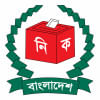
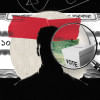
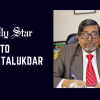
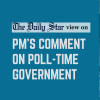


Comments